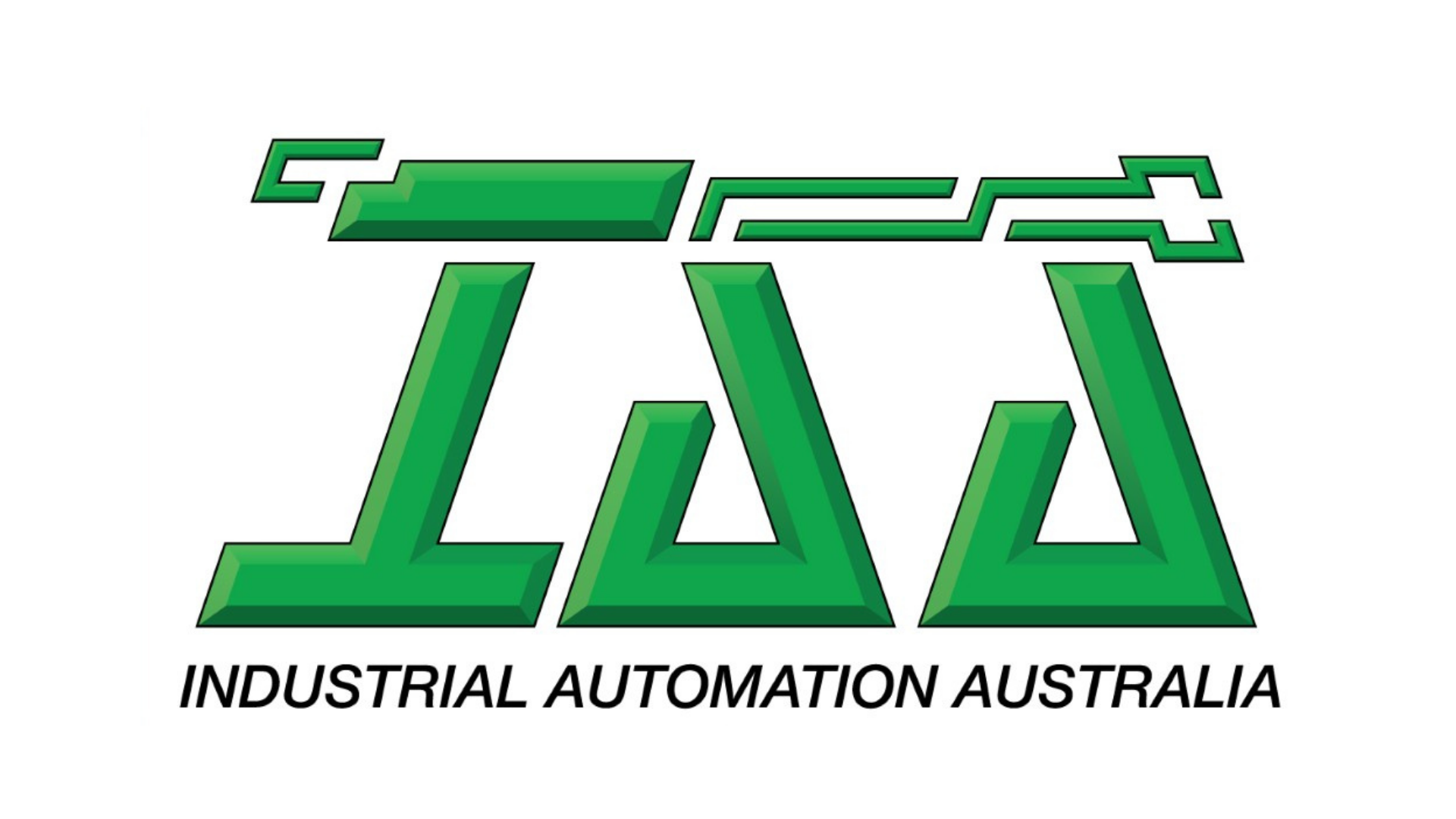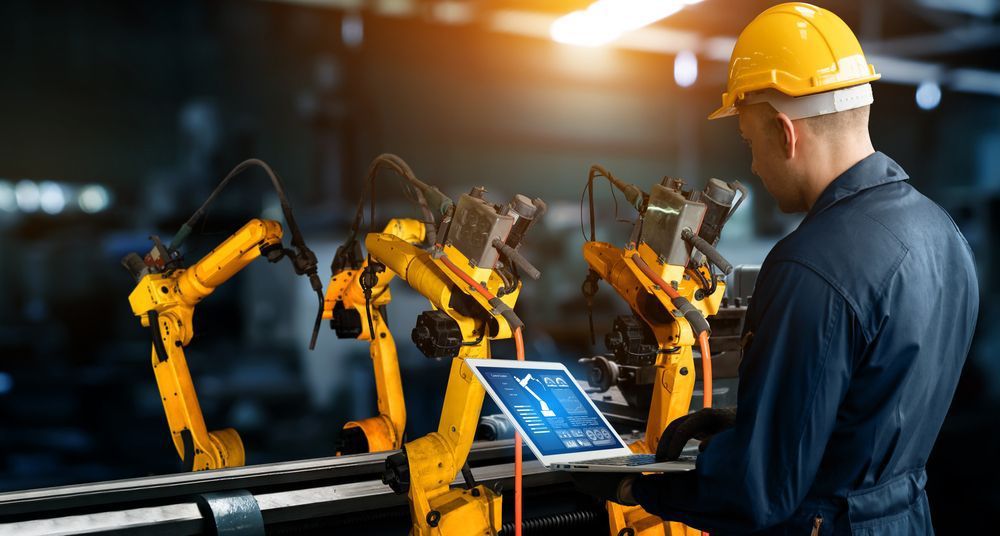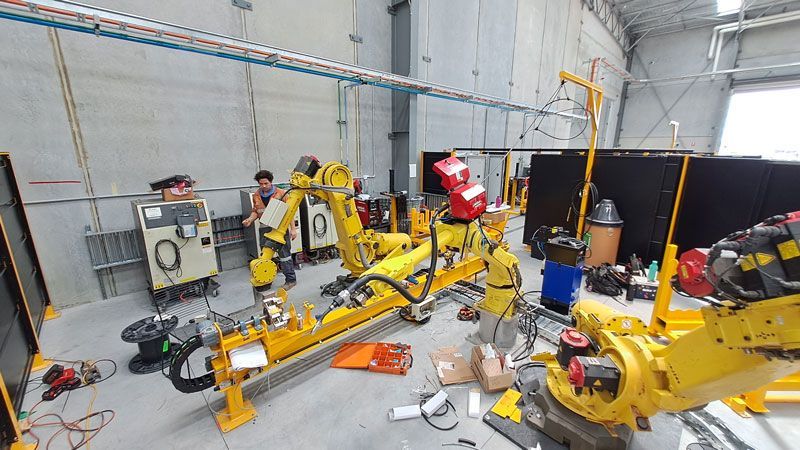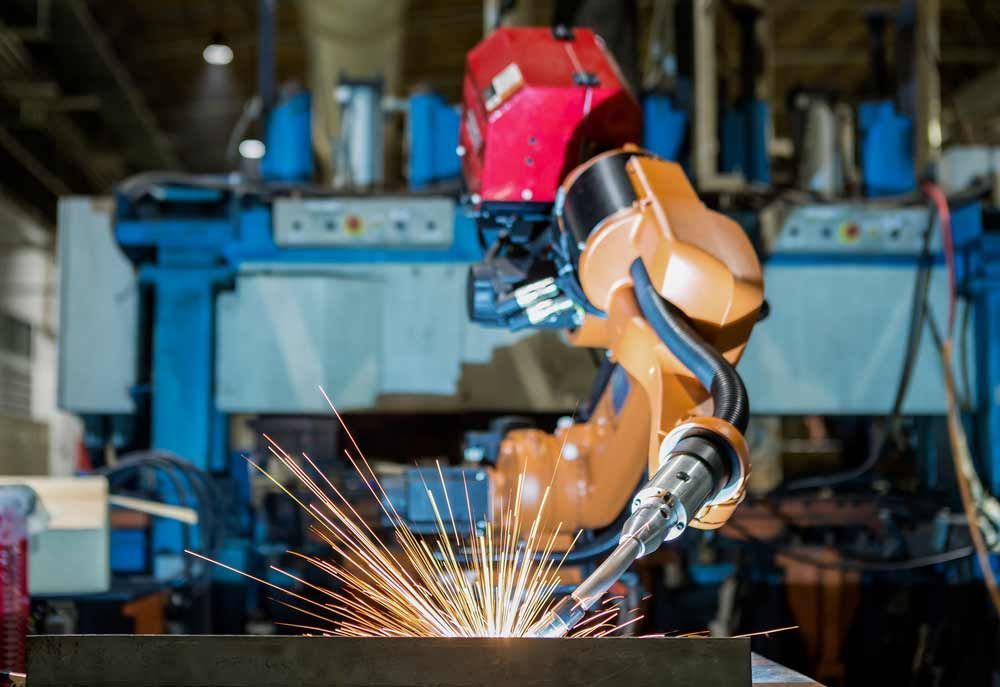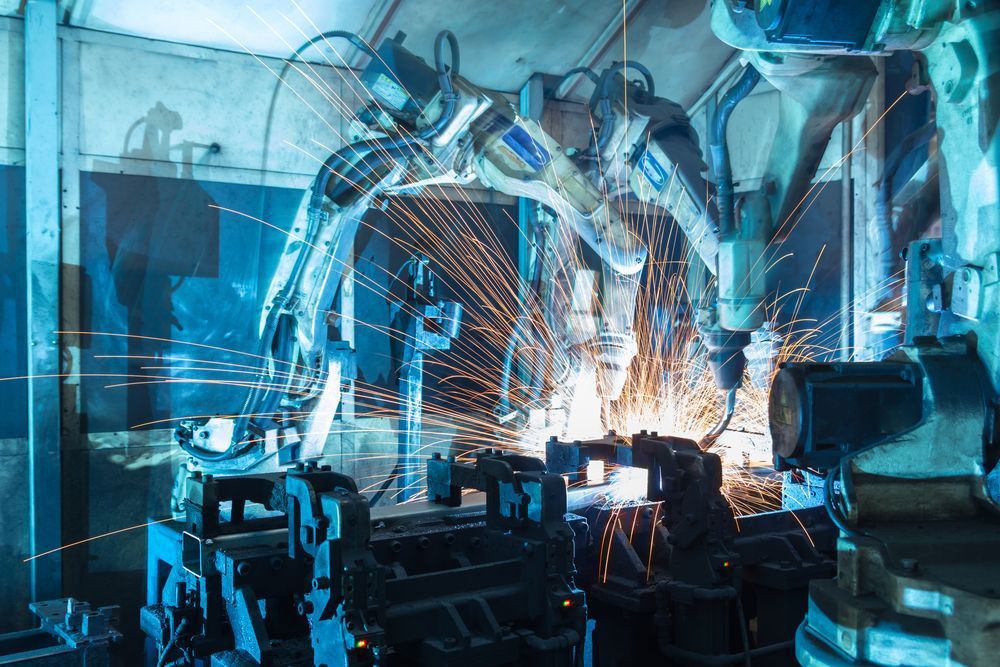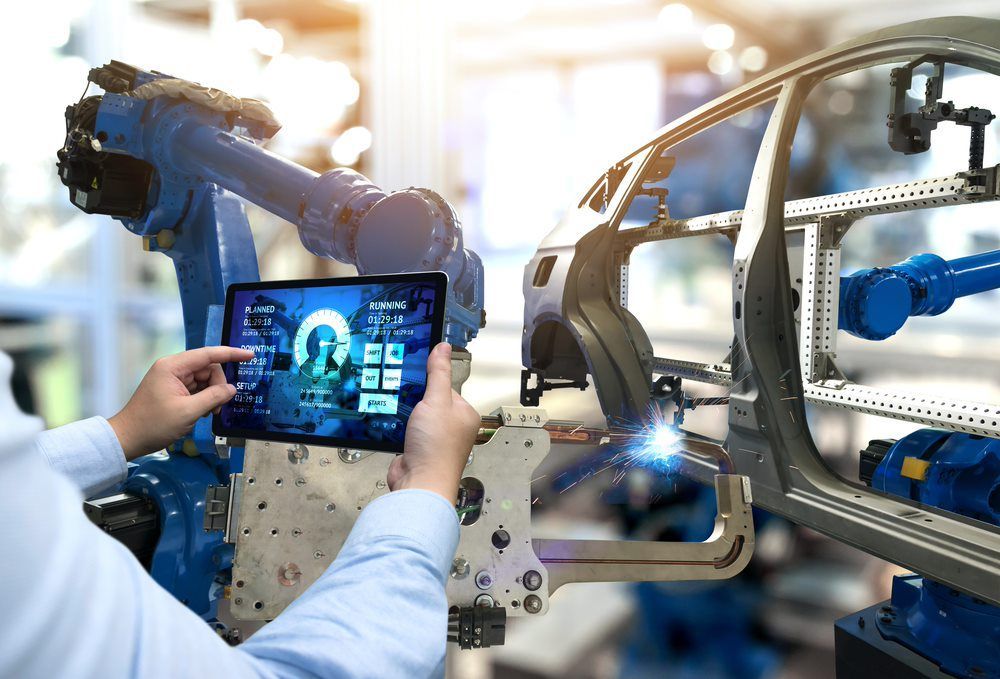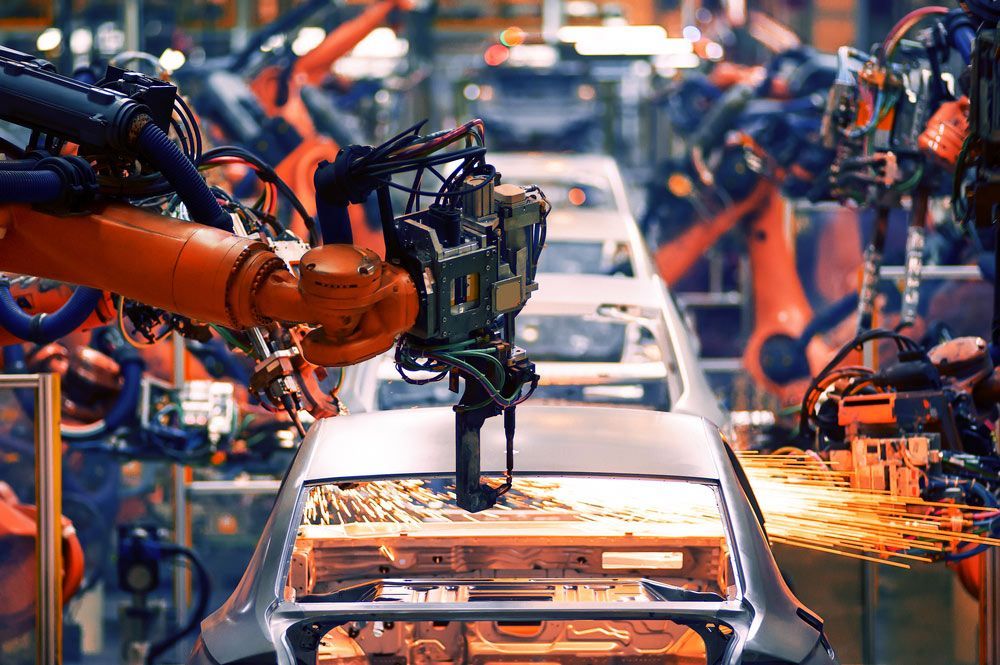Will Custom Machine Automation Replace Humans?
The age-old debate of human labour versus automated machinery is gaining momentum, particularly with the rise in industrial automation technologies. As we navigate this transition, a compelling question emerges: Could customised automation tools soon take over tasks traditionally performed by humans? This blog will try to help answer this question and explore future trends in this regard.
On this page:
- Rise Of Industrial Automation Machinery
- Key Services Offered By Automation
- The Human Touch Vs Machine Precision
- Adapting Workforces To Automation Trends
- Economic Impact Of Automation On Industries
- The Future Landscape: Humans And Machines Coexisting
- Be Part Of The Change With Industrial Automation Australia
Rise Of Industrial Automation Machinery
Over the past decade, manufacturing and production has witnessed a significant transformation. The surge in industrial automation machinery has revolutionised processes, making them more efficient and cost-effective. With Brisbane emerging as a centre for innovative advancements, it's important to recognise the role that automation services play in driving this transformation.
Key Services Offered By Automation
The advancements in automation are not just about replacing humans but also enhancing the capabilities of industries. Here's a closer look at the services that are shaping this transformation:
- Innovative Automation Solutions: Beyond just building components, there's a move towards creating automated production lines that can handle complex tasks with precision.
- Robotics: The focus isn't just on automation but also on specialised areas like industrial robotic welding, which combines the precision of machines with the intricacies of welding.
- Custom-Designed Machinery: Every industry has unique needs and custom solutions ensure that automation is tailored to address specific challenges and requirements.
- Problem-Solving: Automation isn't just about machinery; it's about finding solutions. Addressing design or engineering challenges is a key service, ensuring the implemented systems are effective.
- 3D Drafting:
Visualising solutions is important. With 3D drafting, ideas are brought to life, allowing for exploration and optimisation before implementation.
The Human Touch Vs Machine Precision
It’s important to weigh the strengths and limitations of humans and machines:
Precision of Automated Machinery
Modern automation machinery stands out for its unparalleled precision and consistency. These machines are designed to perform tasks with a level of accuracy that significantly minimises errors. This results in consistently high-quality outputs, making them indispensable in production lines where precision is paramount.
Versatility of Human Labour
Humans, on the other hand, bring a blend of creativity, adaptability and problem-solving skills that machines have yet to replicate. They can think outside the box, adapt to unforeseen challenges and bring a personal touch to their tasks. However, the human element can sometimes introduce errors, particularly in repetitive tasks where your attention might fluctuate.
Adapting Workforces To Automation Trends
As Brisbane's industries embrace automation machinery, there's a growing need for businesses to adapt. To stay relevant and competitive, businesses are recognising the importance of upskilling and retraining their employees. This ensures that human roles evolve alongside machines, focusing on tasks that require a human touch, critical thinking or oversight. By doing so, employees don't become obsolete but instead can transition into roles that complement automated processes.
Economic Impact Of Automation On Industries
Here are some of the broader economic implications of automation for industries:
Job Creation and Evolution
The introduction of automation often causes concerns about potential job losses. However, it's important to recognise that while some roles might become obsolete, automation also paves the way for new job opportunities.
Operational Efficiency and Cost Dynamics
Automated systems enhance production speeds and ensure consistent quality, leading to increased output. Furthermore, with machines taking on repetitive tasks, businesses can significantly reduce overhead costs related to manual errors and inefficiencies. Over time, the benefits of investing in automation become increasingly clear, confirming its effectiveness as a cost-efficient solution for various industries.
The Future Landscape: Humans And Machines Coexisting
The future does not revolve around machines replacing humans; instead, it's about how they can work together to enhance one another. This collaboration between humans and machines could be important in driving the next phase of industrial progress. As automation becomes more integrated, it's not something to fear but a valuable tool. It has the potential to complement human skills and contribute to advancements in the industry.
Be Part Of The Change With Industrial Automation Australia
At Industrial Automation Australia, we understand the unique challenges and opportunities automation presents. We've seen first-hand how automation can revitalise industries, boost productivity and create safer work environments. If you're keen to explore what robotics and automation can do for your business, don't hesitate to get in touch via our contact page or give us a call. Let's shape the future together, ensuring your business remains at the forefront of innovation.
Organise A Consultation Today
Site Links
TRADING HOURS
- Monday
- -
- Tuesday
- -
- Wednesday
- -
- Thursday
- -
- Friday
- -
- Saturday
- Closed
- Sunday
- Closed
